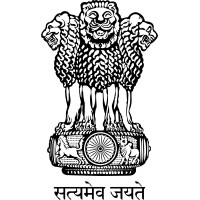What are Personal Laws?

Personal Laws are a set of laws that regulate and control relationships between two people or more people as a result of certain factors. The factors include marriage, affinity, and blood. Personal Laws govern and regulate matters or aspects of the personal sphere including marriage, divorce, maintenance, succession, minority, guardianship, etc. (Source – chambersofsalmankhurshid) Based on religion, belief, and culture, personal rules may apply to a certain class of people, group of people, or individual. These can be categorised under "family law" in broad. Hindus, Muslims, Christians, Sikhs, and Parsis are currently all subject to their respective sets of personal laws in India. Personal rules, including those governing marriage, have been codified in a variety of laws that are applicable to followers of many religions. Some of other key Personal Laws in India: The Hindu Marriage Act, 1955 The Indian Christian ...













